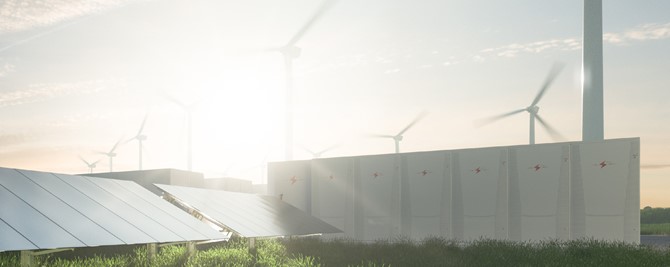Maximising the Value of the Energy Transition for Rural Communities
Archive
- May 2022
- Apr 2022
- Nov 2021
- Oct 2021
- Sep 2021
- Jun 2021
- Nov 2020
- Oct 2020
- Sep 2020
- Aug 2020
- Jul 2020
- Jun 2020
- Apr 2020
- Oct 2019
- Sep 2019
- Aug 2019
- Jul 2019
- Jun 2019
- May 2019
Categories
- Policy Development
- Value Chain
- Economic Tools
- Innovation
- General
Back to Research Papers/Webinars

Maximising the Value of the Energy Transition for Rural Communities
01 May 2022
Executive summary
This report provides an outlook of the energy transition in Queensland and its impact on rural communities.
The global transition to net zero economies is accelerating, driven both by improvements in technology allowing price competitive decarbonisation of energy systems at scale, and the recognition of the severity and increased pace of climate change and its resulting impacts. While individual nations outline their ambitions to reduce carbon emissions and make commitments to do so through international agreements such as at the recent United Nations Climate Change Conference (COP 26), we also see non-government actors driving the transition.
A key driver of the rapid investment in renewables in Australia has been companies and organisations entering the large-scale renewables market seeking to provide electricity cost security, meet investor or community expectations to reduce carbon emissions, or to secure long-term investment returns through shifting funds to
low carbon assets.
The result, particularly in Queensland, is an energy transition characterised by more diverse energy generation sources and ownership as well as a broader geographic spread of power generation assets.
The scale of investment required world-wide to transition energy systems is truly immense and offers significant potential to deliver benefits to rural and regional communities. Realising such benefits, however, requires an understanding of the impacts of the energy transition specific to rural and regional communities and the implementation of strategies to support delivering and maximising benefits while reducing or managing negative impacts.
A suite of studies has been undertaken to identify such impacts and inform the development of strategies to promote greater outcomes for rural communities. Importantly, these studies sought to identify social and ecological as well as economic impacts, each critical to the well-being of people and communities, and the planet we rely on. In addition to identifying positive and negative impacts of the energy transition on rural and regional communities, the studies investigated the factors influencing the degree of impacts experienced by communities and provides insights from experts into what the future energy transition may deliver. To provide more holistic information about impacts of the energy transition to support decision making, we also worked to extend a traditional economic modelling tool, incorporating social and ecological impacts where possible and to set a future research agenda to deliver greater support.
While the energy transition in Queensland is driven by global phenomena, the impacts for rural and regional communities are complex and highly context specific.
Important factors influencing the experience of rural and regional communities, characterised by tensions or trade-offs include:
- impacts realised to date in the short-term versus potential future impacts over the long-term,
- visibility or tangibility of benefits, and
- distribution of benefits between various stakeholders
Consideration of such insights to inform the design and implementation of new energy generation assets including payments to landowners, strengthened and integrated policy, technology advancements and experimentation, and clear communication about future opportunities and transition pathways for communities may support the realisation of greater value to rural and regional communities.
Finally, while the project supports an improvement in the evidence base for decision making including important advances in economic modelling to reflect more holistic impacts to communities and the environment, additional research including in-depth case studies and greater integration of non-traditional economic metrics will provide further critical contributions for academia, practice and government.
Download the full article: Maximising the Value of the Energy Transition for Rural Communities

